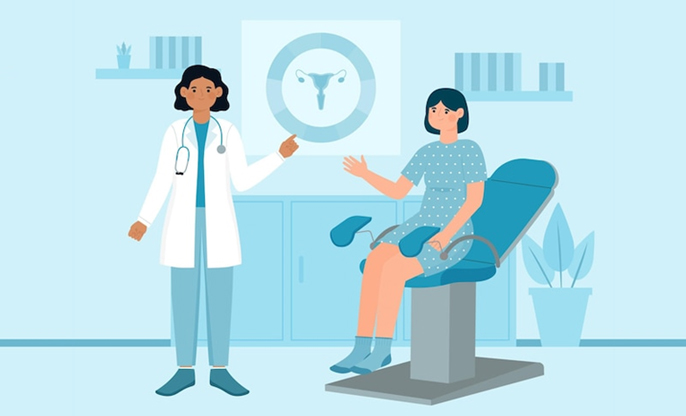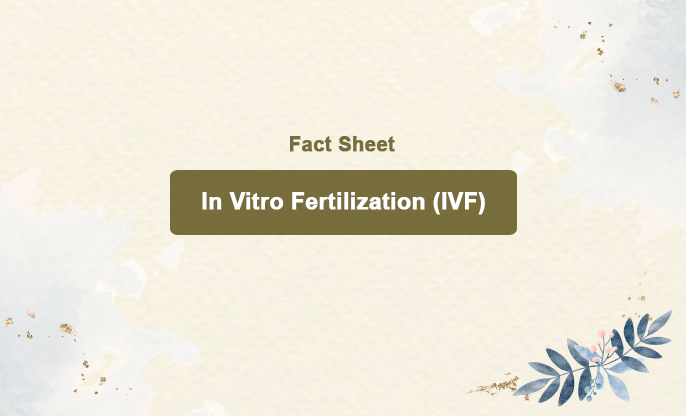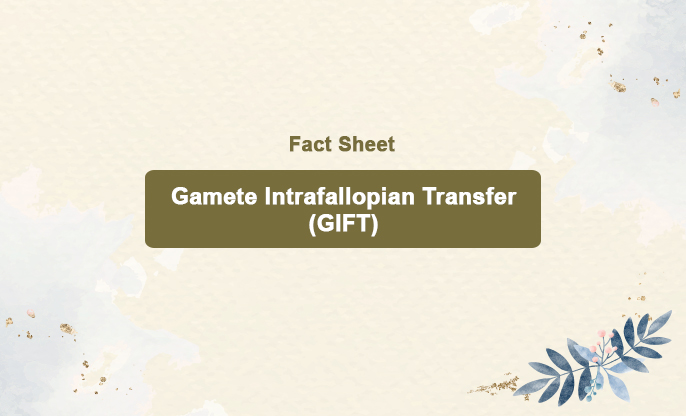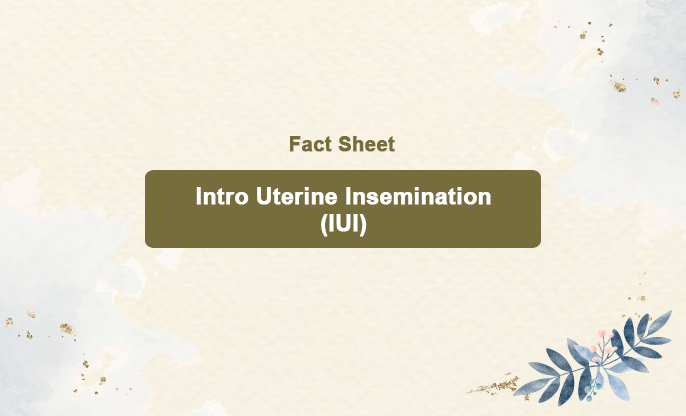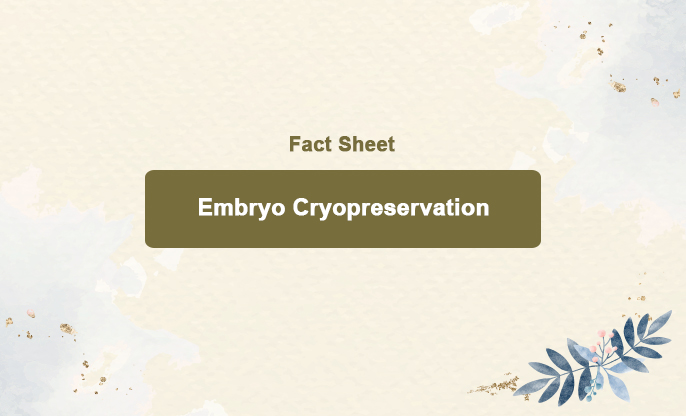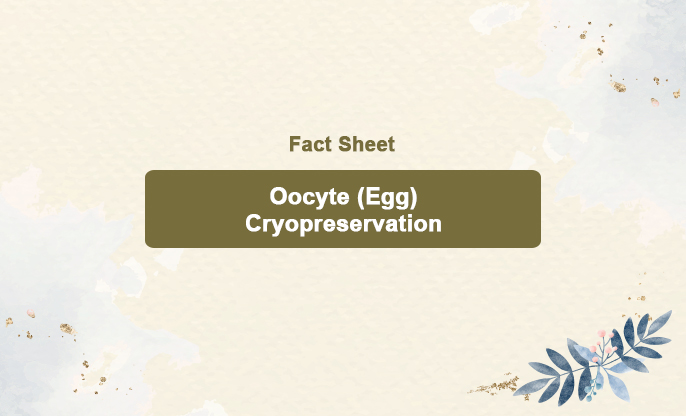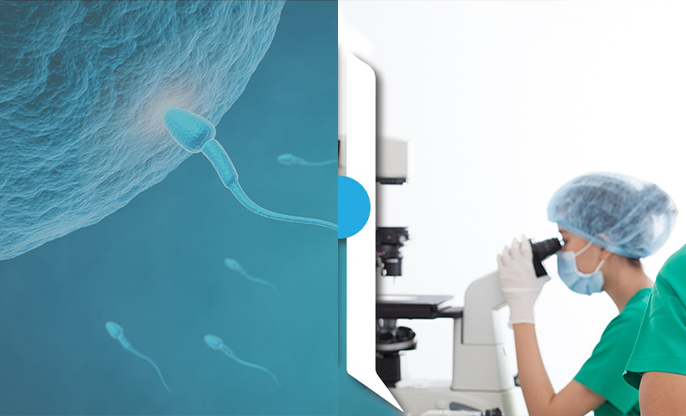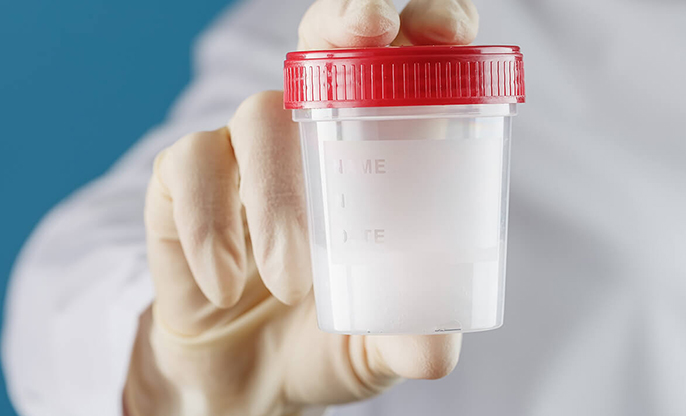
Sperm and egg donation are life-changing options that provide a path to parenthood for those of us who face challenges with fertility, genetic concerns, or other medical conditions. Here, we delve into the journey of sperm and egg donation and the process of banking these precious resources to aid assisted reproductive technologies.
Sperm Donation: A
Gift of Life
Sperm donation involves a generous man donating his sperm
to help someone else achieve the dream of having a child. This can be an
anonymous gift or from someone you know.
● Screening: Donors undergo
thorough health screenings and psychological evaluations to ensure their sperm
is safe and they understand the donation process.
● Donation: Approved donors
provide sperm samples in a clinical setting. These samples are tested, frozen,
and stored in sperm banks.
● Usage: This stored sperm is a beacon of hope for individuals or couples pursuing treatments like intrauterine insemination (IUI) or in vitro fertilization (IVF).
Why Consider
Sperm Banking?
● It's a proactive
step for men facing medical treatments that might impact fertility, such as
chemotherapy.
● It provides a solution for those with careers that might endanger fertility or who have inconsistent sperm production.
Egg Donation:
Sharing the Miracle of Life
Egg donation is when a woman donates her eggs to help
another woman who cannot use her own eggs conceive. This could be due to
several reasons, including age-related fertility issues or genetic concerns.
● Screening: Egg donors also
undergo extensive screenings to ensure they are fit for donation.
● Stimulation: Donors take
hormones to stimulate egg production.
● Retrieval: Eggs are gently
retrieved through a procedure called transvaginal ultrasound aspiration,
performed under sedation.
● Usage: These eggs can be fertilized and then transferred to the recipient's uterus, offering a chance at motherhood.
Things to
Consider with Egg Donation:
● Physical and Emotional Impact:
Hormonal stimulation can affect your body and emotions. The retrieval process,
while usually safe, carries its own risks.
● Anonymity and Legal Issues: The rules about whether donors can be anonymous or if they should have a legal contract vary, so it’s important to understand your rights and obligations.
Navigating
Ethical Waters
Both sperm and egg donation involve complex ethical and legal considerations. It's vital to think about the rights of the child to know their biological origins and the emotional impact on both donors and recipients. Laws vary widely by location, so professional legal advice is essential.
Closing Thoughts
Sperm and egg donation offer incredible opportunities for many to fulfill their dreams of parenthood. For anyone considering these paths, understanding the full scope of the processes and responsibilities is crucial. Discussions with fertility experts and legal advisors are invaluable, ensuring that every step is taken thoughtfully and in compliance with legal standards.

